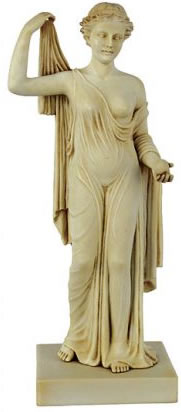This is a story of a boy who is retarded and the challenges he faces yet seems to accept life for what it is. Susan is the neighbor and is very ill. She needs medical help but the only one who can go find the doctor is the Betty’s son. Yet, he is retarded and has never been away on his own. Betty confides in her son and puts him on a pony to go find the doctor. However, hours pass and Betty is worried. Her son has not come home. She seems to forget about the neighbor and rather looks for her son. She arrives at the doctor’s house and asks if he has seen Johnny, but the doctor says no. She leaves and looks some more. Finally, she has found Johnny with nature, interacting with life.
The names of those mentioned above are a symbol of love and life. Throughout the poem, the reason for letting Johnny go was to find the doctor, yet when Betty was out looking for her son, the bond between them was of greater importance. The faith in Johnny demonstrated the love of a mother for her child as expressed in these lines.
And now she sits her down and weeps;
Such tears she never shed before;
“Oh dear, dear pony! My sweet joy!
“Oh carry back my idiot boy!
“And we will ne’er o’erload thee more.”
title="Wordle: The Idiot Boy">
alt="Wordle: The Idiot Boy"
style="padding:4px;border:1px solid #ddd">


